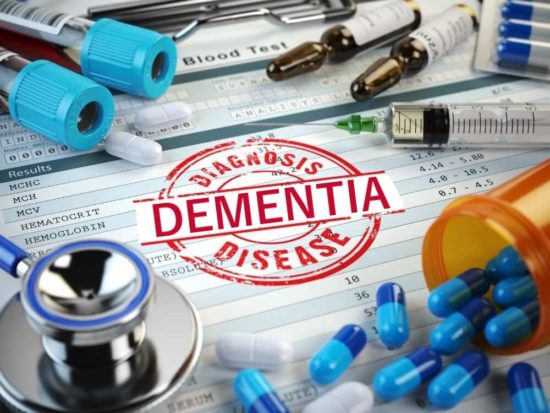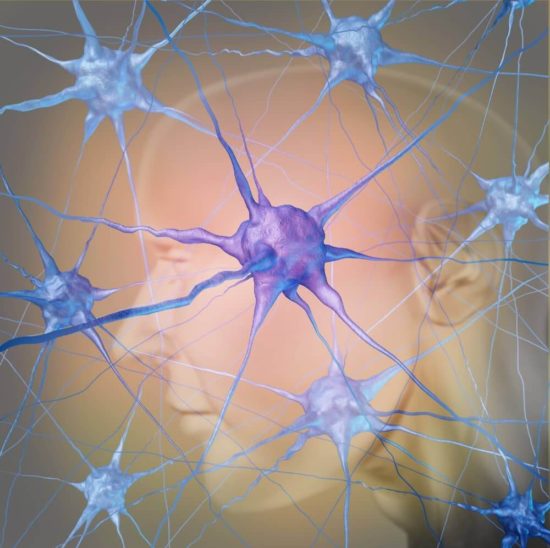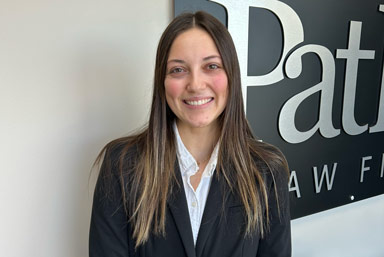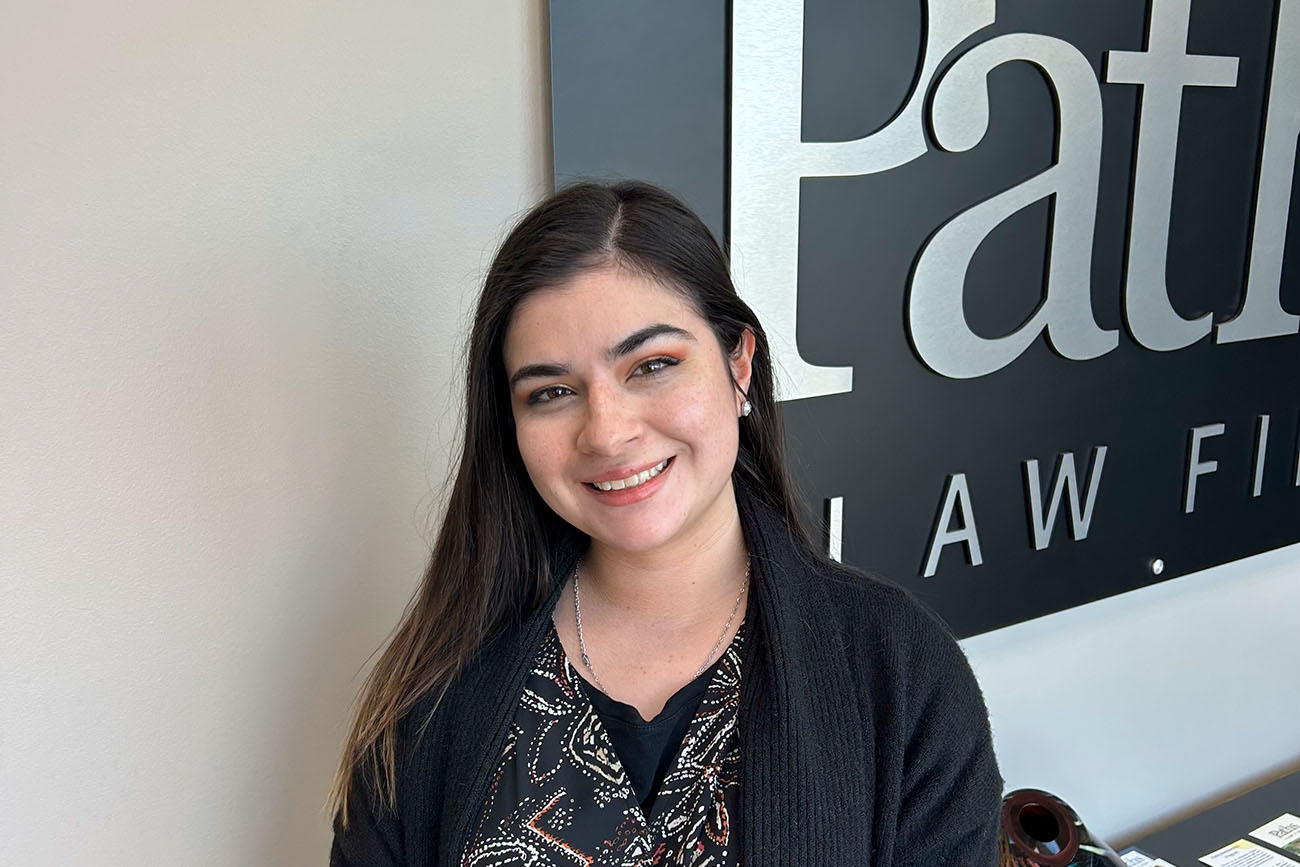Dementia encompasses a range of diseases causing loss of memory and/or deterioration of other mental functions. The condition usually occurs from physical changes in the brain and is largely a progressive disease. This means it typically gets worse over time. How dementia progresses will mainly depend on the underlying cause of dementia. Although people will experience the different stages of dementia differently, most patients will share a few common symptoms.
There are several different types of dementia, with Alzheimer’s disease being among the most common. It is reported 1 out of every 9 adults in the United States age 64 or older has dementia. This number increases to 1 out of every 3 adults over the age of 85. The medical community often discusses dementia based on stages. The different stages represent the level the disease has progressed and the kind of symptoms expected in each stage. This gives the caregivers an understanding of how their loved one stands with the disease and enables them to determine the better course of action.
*This blog is for educational purposes only and should not be considered legal advice. The use of the Paths Law Firm website does not constitute a client-lawyer relationship.
The Three Stages of Dementia
Early Stage Dementia
Patients in the early stage of dementia usually have trouble remembering recent events, difficulty concentrating, have difficulty traveling to new places alone, and may have trouble managing their finances or remembering recently learned information. Patients also tend to start having difficulties socializing and might become unsociable withdrawn or avoid activities they previously enjoyed. While most of the symptoms here are mild, a physician can still diagnose dementia in its early stages.
Middle Stage Dementia
The middle stage of dementia often sees patients having memory lapses. Aside from forgetting recent events, patients in this stage will start forgetting important information, such as their phone numbers, home address, and even the names of family members or close friends. While in this stage, most patients need some level of help performing daily activities such as meal preparation, bathing, and dressing. These and others are often referred to as Activities of Daily Living and abbreviated as ADLs.
Some patients in the middle and late stages of dementia also start seeing a decline in their ability to communicate and speak. Incontinence will likely start becoming a problem. Other common problems include emotional issues and personality changes as the patient becomes agitated and anxious. This may eventually lead to delusions.
Late Stage Dementia
In the late stages of dementia, patients will often lose their ability to communicate and speak. Most patients will require help with the most basic activities such as eating or using the bathroom. Also, they may lose bodily function skills such as the ability to walk.
The best course of treatment to manage dementia will depend on the stage of dementia, and the patient’s overall health.
Managing the Stages of Dementia
Unfortunately, there is currently no cure for dementia. However, several treatments have been shown to slow the progression of the disease, improve brain function, manage symptoms, and in many cases, improve the quality of life.
Research shows the key to effective dementia treatment is an early and accurate diagnosis. As such, it’s always important to consult a doctor if you notice any changes in your loved one’s memory and/or behavior.
Current dementia treatments are meant to improve the quality of life and slow the progression of the disease. These treatments are often a combination of therapies, medications, and symptom and/or behavior management strategies.
Medications for Dementia
Properly prescribed Dementia medications can help to manage and temporarily relieve symptoms related to cognitive and memory function. Most medications are effective in the early and middle stages of dementia. Some of the most common ones include:
For some cases, medication may be prescribed to help manage other conditions commonly associated with dementia. Many patients tend to struggle with depression, insomnia, anxiety, and psychosis. Properly prescribed medications can help manage these symptoms and improve their quality of life. Examples of these medications include:
- Antidepressants: used to improve mood and brain function
- Anxiolytics: for relieving agitation and anxiety
- Hypnotics: used to help the patients fall and stay asleep at night
- Antipsychotics: for minimizing hallucinations and treating psychosis

Alternative Treatments for Stages of Dementia
Along with medications, dementia treatment often includes supportive care and therapies. These may help with behavioral problems to improve mood, reduce agitation, and increase relaxation. Here are a few examples of effective therapies for dementia:
Alternative medicine: A lot of doctors are now suggesting alternative medicines like massage therapy and acupuncture could be helpful with dementia, alongside medication. Such therapies help stimulate blood flow (massage) and improve energy (acupuncture). They can also ease the symptoms and help to relieve physical tension and pain.
Aromatherapy: This is a safe way to help relieve agitation. Aromas like lavender and lemon are reported to help create a soothing environment promoting calmness and relaxation.
Art therapy: This has been shown to improve quality of life and slow cognitive decline, though more studies are needed to confirm the benefits for patients with dementia.
Brain exercises: According to research, brain training games and puzzles like Sudoku and Crossword Puzzles may help to slow down the progression of dementia. Playing board games, reading books regularly, and playing card games are all great brain exercises.
Cognitive rehabilitation: This helps patients in the early stages of dementia to maintain cognitive and memory function for as long as possible. It also teaches them compensation strategies to help those with declining cognition.
Diet: Diets rich in cruciferous vegetables, green vegetables and fish have been shown to have a positive impact on the symptoms of dementia. Foods rich in antioxidants can also help protect cells from damage.
Music therapy: According to research, listening to or singing soothing songs can help to reduce aggression and agitation.
Occupational therapy: This helps patients in the early and middle stages of dementia by teaching them coping strategies and behaviors to compensate for their cognitive decline and memory loss. It also helps their families make their homes safer for their loved one and provide techniques for managing difficult behaviors.
Pet therapy: This can help reduce irritability, agitation, anxiety, depression, and even loneliness. Many communities offering memory care usually have a pet resident or provide pet therapy. Seniors in such communities can enjoy the companionship of a pet without the responsibilities of caring for one.
Physical activity: Light and regular exercise has consistently been shown to help people with dementia perform better with their daily tasks and improve their mood and depression.

Memory Care for Veterans with Dementia
Memory care facilities are specially designed to provide housing and care for patients living with dementia and Alzheimer’s. These facilities offer a safe, specially designed environment caring for the residents with a focus on improving their quality of life, preventing wandering, and reducing confusion.
This approach to dementia helps residents maintain their skills for as long as possible, while also providing them with stimulating and enriching activities helping stimulate their cognition and improve their quality of life. Some of the benefits of memory care include:
- Supportive therapies for dementia
- safe and secure environment for seniors with dementia
- A low staff to resident ratio
- Highly trained and experienced staff in dementia care
- Coordinated and wholesome care, usually in partnership with other healthcare providers
Veterans with any form of dementia could be eligible for certain services and benefits from the U.S. Department of Veterans Affairs (VA). Veterans and their surviving spouses could be eligible for VA benefits that can help to pay for care related to dementia.

VA Programs for Memory Care
While there are many different programs through the VA for veterans with Dementia, below are some programs for which individuals may qualify.
- Home Health Aide Care: A homemaker or home health aide provides care to the patient in their home. These individuals are trained to provide care in a home setting for non-medical services. This program is for veterans needing assistance with activities of daily living. It is also intended for veterans that are either isolated or have a caregiver experiencing a burden and needs help.
- Veteran Directed Home and Community Based Services (VD-HCBS): This program assists veterans needing help with three or more daily living activities such as bathing, getting dressed, or preparing meals, the Activities of Daily Living.
- VA Aide and Attendance: The VA Aide and Attendance program provides monthly payments, in addition to a monthly pension, for veterans and surviving spouses if they otherwise qualify. This program provides reimbursement for expenses on care for individuals needing help with daily living activities. This program provides funding for in-home care, adult daycare, and supplies needed for care, and many other possibilities.
- Community Nursing Home Care: This program is for veterans that need residential care 24/7 with skilled nursing and memory care. Eligibility for this program is determined based on a service-connected disability, the level of the veteran’s disability, and their income.
- VA Community Living Centers: A CLC or Community Living Center is a VA Nursing Care Center providing 24/7 residential care with skilled nursing and memory care services. A CLC is designed to resemble a home setting as much as possible. Like the Community Nursing Care program, eligibility is based on service-connected disability, level of disability, and income.
- State Veterans Home: A State Veterans Home provides 24/7 skilled nursing care, domiciliary care, adult daycare, and memory care in a VA run facility. Eligibility for a State Veterans Home is determined by the state in which the veteran resides.
Memory Care for Dementia Through the VA
The cost of care for individuals with dementia can oftentimes cause a big financial strain on family members. For veteran’s, the process of applying for and getting approved for benefits can be lengthy and confusing. At Paths Elder Law, our staff is highly skilled and experienced in VA and Medicaid benefits. We can help you apply for benefits and work through the eligibility process to help you get the care you or your loved one needs for the different stages of dementia.
If you have any questions about VA programs for memory care and creating a long-term care plan, get in touch with Paths Elder Law today by visiting our website or giving us a call at 816-524-7999 to schedule a consultation. Our caring staff is here to help.





































